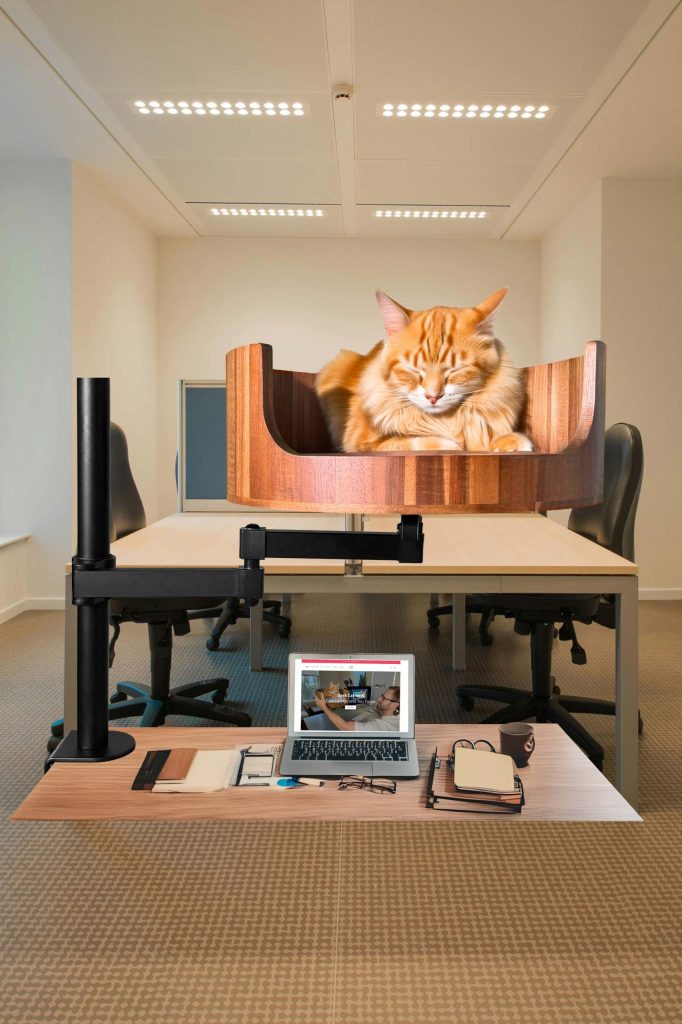If you have a cat with noisy breathing, you may be wondering what could be causing this issue and how to solve it. Cats are known for their quiet and smooth breathing, so any change in this pattern can be a cause for concern. In this article, we will explore the various reasons why a cat may have noisy breathing and provide some solutions to help alleviate this problem.
From respiratory infections to allergies or even just a simple hairball, there are a variety of factors that could be contributing to your cat’s noisy breathing. By understanding the underlying causes, you can better address the issue and provide your feline friend with the care they need. In addition to exploring potential causes, we will also discuss different treatment options and lifestyle changes that can help improve your cat’s breathing and overall health. If you have a cat with noisy breathing, it’s important to seek veterinary advice to rule out any serious underlying conditions and ensure your cat receives the appropriate care.
1. Noisy breathing in cats can be caused by a variety of health issues including respiratory infections, allergies, and even foreign objects stuck in the nasal passages.
2. Brachycephalic breeds such as Persians and Himalayans are more prone to noisy breathing due to their flat-faced structure.
3. Consulting with a veterinarian is crucial in diagnosing the underlying cause of noisy breathing in cats.
4. Treatment options may include medication, surgery, or lifestyle adjustments such as using a humidifier or avoiding irritants.
5. Regular veterinary check-ups and monitoring of your cat’s symptoms can help ensure their respiratory health.
## Common Causes of Noisy Breathing in Cats
Some of the common causes of noisy breathing in cats include upper respiratory infections, allergies, foreign objects stuck in the airway, asthma, polyps in the throat or nasal passages, and dental problems such as stomatitis. Cats may also develop noisy breathing due to obesity or heart conditions like congestive heart failure.
## Diagnosis and Treatment Options
When a cat presents with noisy breathing, a veterinarian will conduct a thorough physical examination and may recommend diagnostic tests such as blood work, x-rays, or a CT scan to determine the underlying cause. Treatment will vary depending on the diagnosis, but options may include antibiotics for infections, corticosteroids for allergies, or surgical removal of polyps or foreign objects.
## Lifestyle Changes to Help Your Cat
If your cat has noisy breathing due to obesity, taking steps to help them lose weight can improve their symptoms. Providing a clean and dust-free environment can also help cats with respiratory issues. In some cases, a humidifier or air purifier may be beneficial. Regular dental cleanings can prevent dental problems that may contribute to noisy breathing.
## When to Seek Emergency Care
If your cat’s breathing becomes suddenly worse, they show signs of distress such as open-mouth breathing or bluish gums, or they collapse, seek emergency veterinary care immediately. Noisy breathing can be a symptom of a serious underlying condition that requires prompt treatment. Do not hesitate to contact your veterinarian if you have concerns about your cat’s breathing.
Frequently Asked Questions
What causes a cat to have noisy breathing?
Noisy breathing in cats can be caused by a variety of factors, including respiratory infections, allergies, obstructions in the airway, or anatomical issues such as flat-faced breeds like Persians or Himalayans.
Will the Desk Cat Nest help with my cat’s noisy breathing?
The Desk Cat Nest is designed to provide a comfortable and safe space for your cat to relax and sleep. While it may not directly address the underlying cause of your cat’s noisy breathing, creating a stress-free environment can help improve overall respiratory health.
Can the Desk Cat Nest be used to monitor my cat’s breathing?
The Desk Cat Nest is not equipped with any monitoring or medical devices. If you are concerned about your cat’s noisy breathing, we recommend consulting with a veterinarian for a proper diagnosis and treatment plan.
Is the Desk Cat Nest easy to clean?
Yes, the Desk Cat Nest is designed with removable and washable cushions for easy cleaning. Simply unzip the cushions and wash them according to the care instructions provided.
Is the Desk Cat Nest suitable for cats of all sizes?
The Desk Cat Nest is designed to accommodate cats of various sizes, but it may be more comfortable for smaller to medium-sized cats. Larger cats may not find the space as cozy as smaller breeds.
In conclusion, the Desk Cat Bed is a valuable choice for cats with noisy breathing as it provides a comfortable and secure resting space that helps promote proper breathing. The elevated design reduces pressure on the chest and neck, allowing for easier breathing during sleep. Additionally, the soft and plush materials used in the bed provide a cozy and soothing environment for your furry friend. Investing in a Desk Cat Bed is not only a practical choice for improving your cat’s respiratory health, but also a luxurious addition to their living space.


